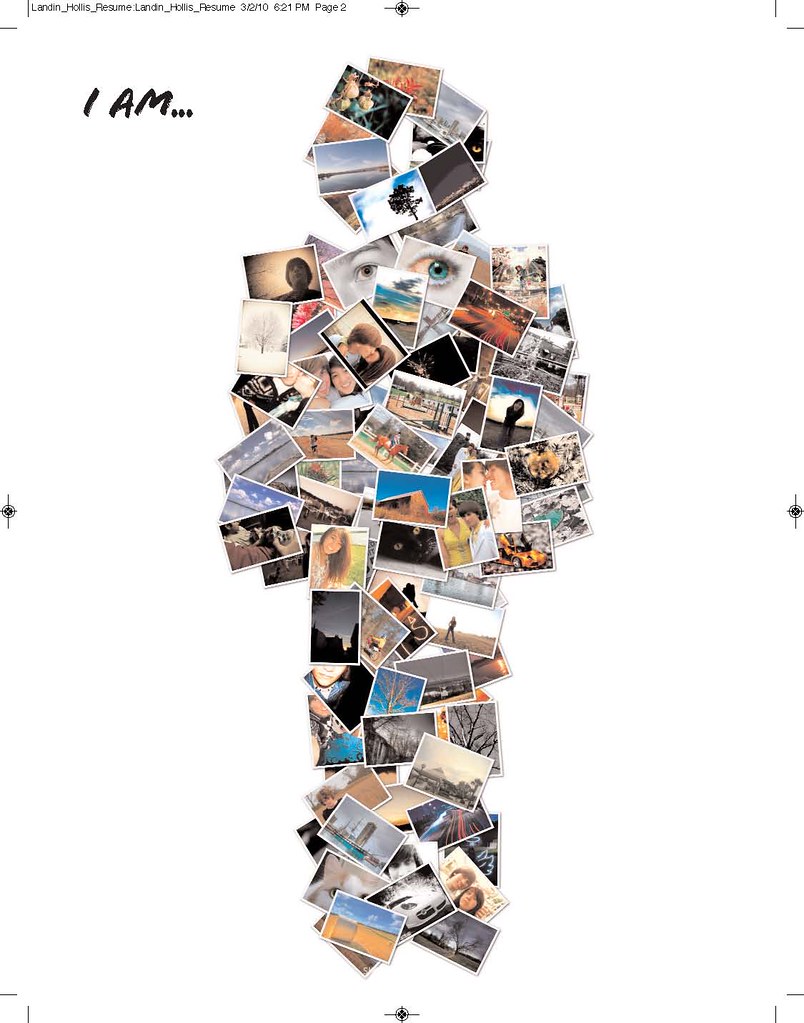The Art of the Pick-Up: Wooing Your Future Employer in the Cover Letter
On Wooing Your Audience (Or Not)
Imagine for a moment that you’re in the market for a new significant other. Well, good news: your friend, Imma MutualFriend, claims that she knows your perfect match and tells you all about this person. From what you’re told about this match, you’re interested too. Imma promises to connect you two soon.
Flash forward, and the time comes for you to meet this supposed match. At a party, Imma points you in their direction. With the goal of wooing this person with all of your wonderful qualifications, you approach your match.



